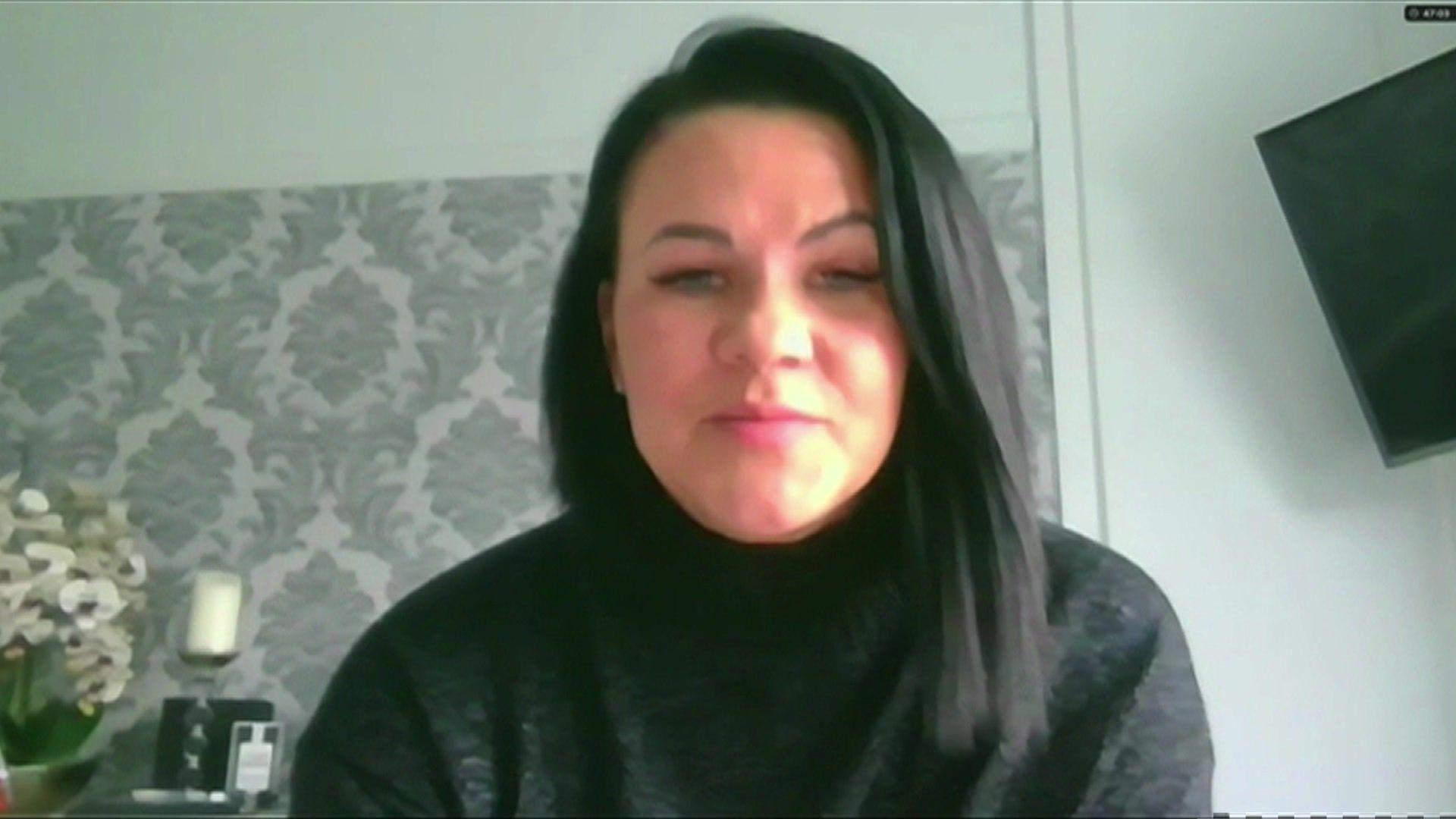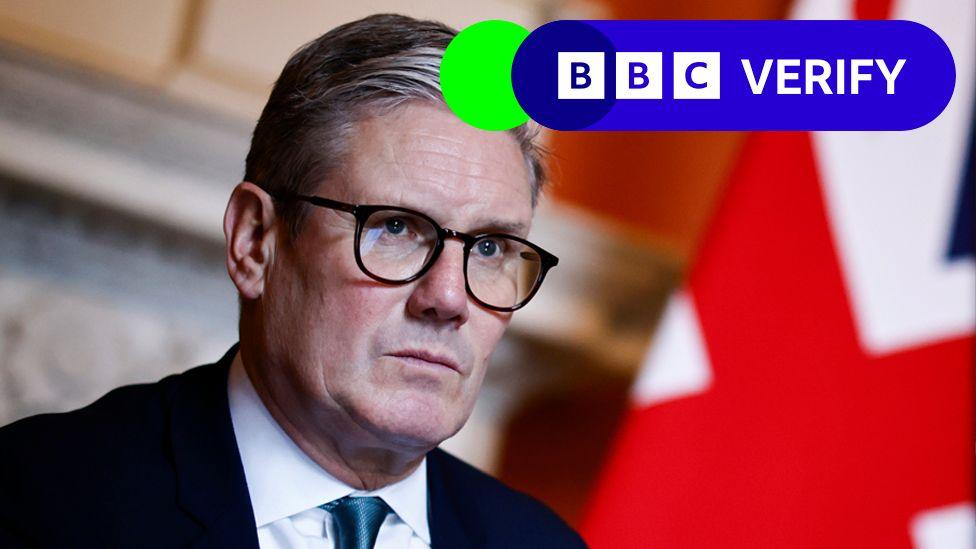Record year for school suspensions and exclusions

The 2022/23 school year saw a 36% rise in the number of suspensions, compared with the previous year
- Published
England has seen record numbers of school suspensions and exclusions in a single school year, Department for Education figures show.
The 790,000 suspensions in 2022/23 - almost one for every 10 pupils - is 36% higher than the previous record, 578,000 in 2021/22.
The 9,000 exclusions - up 44% from 2021/22 - is also a sharp rise on the previous record, 7,900 in 2017/18.
Persistent disruptive behaviour was the most common reason, accounting for 48% of all reasons given for suspension and 39% for exclusion.
'Wake-up call'
The 2022/23 summer term alone saw 275,000 suspensions and 3,200 exclusions - record figures for a single term.
Suspended pupils must stay out of school for a fixed period, while those excluded are banned from their school permanently.
Education Minister Stephen Morgan said the "shocking" figures were a "wake-up call about the problems that have grown in our schools in recent years".
The education system was "failing to meet the needs of children with additional needs".
And the new government was "determined to get to grips" with the issue, through measures such mental-health specialists in schools, free breakfast clubs and earlier interventions for pupils with special educational needs.
Pupil behaviour getting worse, say teachers
- Published28 March 2024
England set for highest suspensions in school year
- Published18 April 2024
Teachers strike over pupil behaviour
- Published17 April 2024
Staff at a school, in Boston, Lincs, went on strike earlier this year over claims about bad behaviour.
And Aušra Marcinkevičiūtė, who withdrew her daughter from the school at the end of 2023 summer term, says the problems are worsening nationally because "students do whatever they want".
"Of course it's worrying, schools should be a safe place for our children," she says.

Aušra Marcinkevičiūtė removed her child from school over concerns about other pupils' behaviour
Association of School and College Leaders general secretary Pepe Di'Iasio said the new data, external reflected the "increasingly complex needs and challenging behaviour" in schools and across wider society.
"Early intervention is key to solving this issue - but schools lack the resources to offer specialist support and local services have become overwhelmed by the increased demand," he said.
Centre for Social Justice education lead Beth Prescott said there was a "tidal wave of challenges hitting children, families and schools".
"This has resulted in an increasing number of children struggling to fully engage with their education, with potentially catastrophic and lifelong consequences for their lives, for wider society and for the economy," she said.
'Stark reminder'
Children's charity Chance UK chief executive Vanessa Longley said its recent report, external suggested 90% of those excluded at primary school failed to pass GCSE English and maths.
"When you have children as young as five and six being excluded, then something is going very seriously wrong," she said.
"We need to support teachers and schools as well as children and families, so that children can be supported and get the extra help they need."
National Association of Head Teachers general secretary Paul Whiteman said the numbers "should be a deep concern to everyone involved in education".
They were partly down to "wider social issues", such as child poverty, mental health and special education needs, which had "increasingly gone unchecked over the last decade", and were "another stark reminder to the new government of the scale of the task ahead of them".
- Published17 July 2024

- Published17 July 2024

- Published18 July 2024
